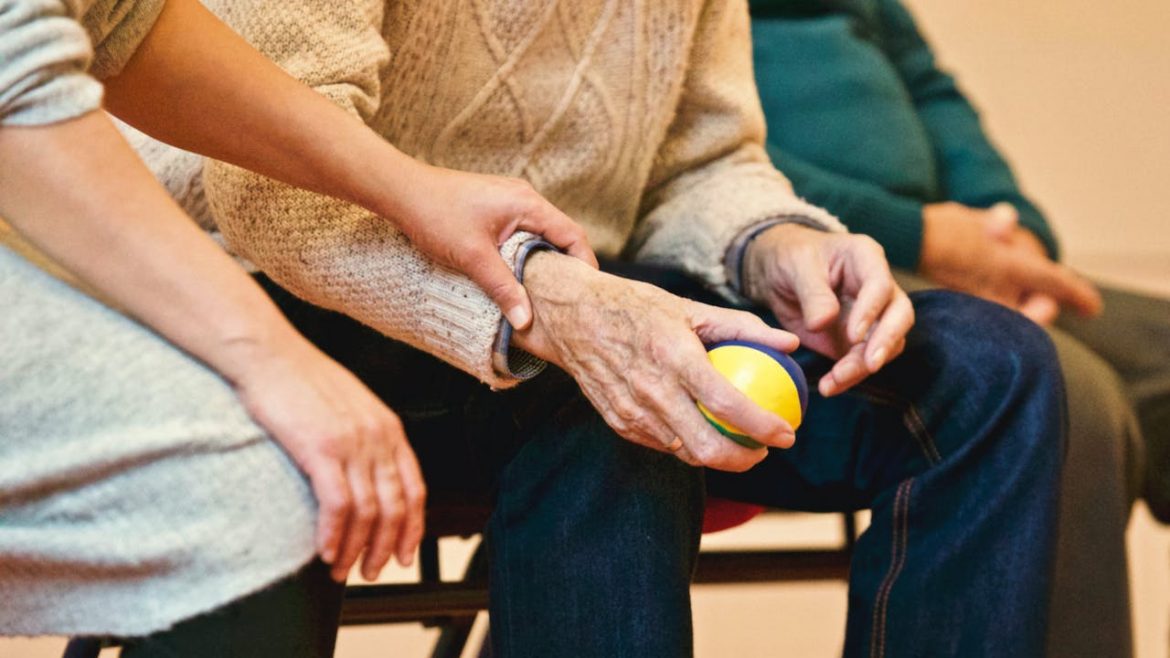Multiple sclerosis (MS) is a chronic and unpredictable disease that affects the central nervous system, causing symptoms such as muscle weakness, difficulty with coordination and balance, and cognitive impairment. The impact of MS is not only felt by the individuals diagnosed with the disease, but also by their loved ones and caregivers. In fact, not only are the best diets for multiple sclerosis the best cures, but supporting the person with MS is a critical aspect of their care and overall well-being. This article will explore the challenges of living with someone who has MS and provide strategies for caregivers to provide physical and emotional support, build a support network, and prioritize self-care.
Understanding MS and Its Impact
Understanding the symptoms and progression of MS is important for caregivers to provide effective support. MS symptoms can vary widely and include physical symptoms such as numbness or tingling, vision problems, and difficulty with coordination and balance. The disease can also cause emotional symptoms such as depression, anxiety, and mood swings.
The impact of MS is not only physical but also emotional, both for individuals with the disease and their families. Coping with MS can be challenging and stressful, and the emotional impact of the disease on caregivers should not be overlooked. It is important for caregivers to recognize and manage their own emotional reactions to the disease.
Education and communication are key components of managing MS. Caregivers should work closely with healthcare professionals to understand the disease and its progression, as well as available treatment options. Effective communication with the individual with MS is also essential for managing symptoms and providing support. Open and honest communication can help to identify needs and challenges, and facilitate decision-making about care and treatment options.
III. Providing Physical and Emotional Support
Building a support network is crucial for caregivers of individuals with multiple sclerosis (MS). The burden of caregiving can be overwhelming, and having a network of support can provide comfort and assistance. Family and friends can offer emotional support, help with daily tasks, and provide respite care. Joining MS support groups can connect caregivers with others who understand their experiences and offer practical advice. Healthcare professionals, including neurologists, nurses, and social workers, can also provide valuable resources for care, such as physical therapy and home health services. It is important for caregivers to actively seek out and utilize these support systems to help manage the challenges of caring for someone with MS.
ALSO READ: To Beginner: How to Become a Good Driver Quickly and Without Accidents
Building a Support Network
Building a strong support network is crucial for those living with someone with multiple sclerosis (MS). Here are some strategies for building a support network:
Importance of support from family and friends
Family and friends can provide a great deal of emotional and practical support for individuals with MS and their caregivers. It is important to communicate with loved ones about the challenges and needs of caregiving, and to accept their offers of help. MS support groups can provide a wealth of information, resources, and emotional support for both individuals with MS and their caregivers. These groups can be found through MS organizations, healthcare providers, and online communities.
Working with healthcare professionals and seeking resources for care
Healthcare professionals can provide valuable guidance and resources for MS care and support. This may include assistance with medication management, physical therapy, and referrals to specialists. Additionally, there are often community resources available for MS care and support, such as home health aides and transportation services.
By building a strong support network, individuals with MS and their caregivers can better manage the challenges of living with MS and improve their overall quality of life.
Adjusting to Lifestyle Changes
Adjusting to the lifestyle changes that come with caring for someone with MS can be challenging. However, there are strategies that can make the transition easier for both the caregiver and the individual with MS.
Adapting living spaces and routines: It’s important to make adjustments to the home environment to accommodate any mobility or accessibility needs of the individual with MS. This may include installing grab bars, ramps, or stair lifts. It’s also important to establish routines that work for both the caregiver and the individual with MS, including scheduling tasks and appointments.
Maintaining hobbies and social activities: MS can sometimes limit physical abilities, but it’s important to encourage and support the individual with MS in maintaining hobbies and social activities. This can include finding new hobbies that are more accessible or modifying existing hobbies to fit their needs.
Coping with changes in work and financial situations: MS can have a significant impact on work and financial situations, and it’s important to find ways to adapt to these changes. This may include exploring flexible work arrangements or financial assistance programs.
By adapting to these lifestyle changes, caregivers can help support the individual with MS in maintaining their independence and quality of life.
In conclusion, living with someone who has MS can be challenging, but with the right strategies and support network, it is possible to adapt and thrive. It is important to understand the symptoms and emotional impact of MS, as well as the resources available for support and care. Building a support network, including family, friends, MS support groups, and healthcare professionals, can provide valuable assistance and understanding. Adapting to lifestyle changes, such as modifying living spaces and maintaining hobbies and social activities, can also help individuals with MS and their caregivers adjust to a new normal. It is crucial to prioritize self-care for caregivers and seek out resources and education for MS and caregiving. By continuing to raise awareness and provide resources for MS and caregiving, we can better support those affected by this condition.

